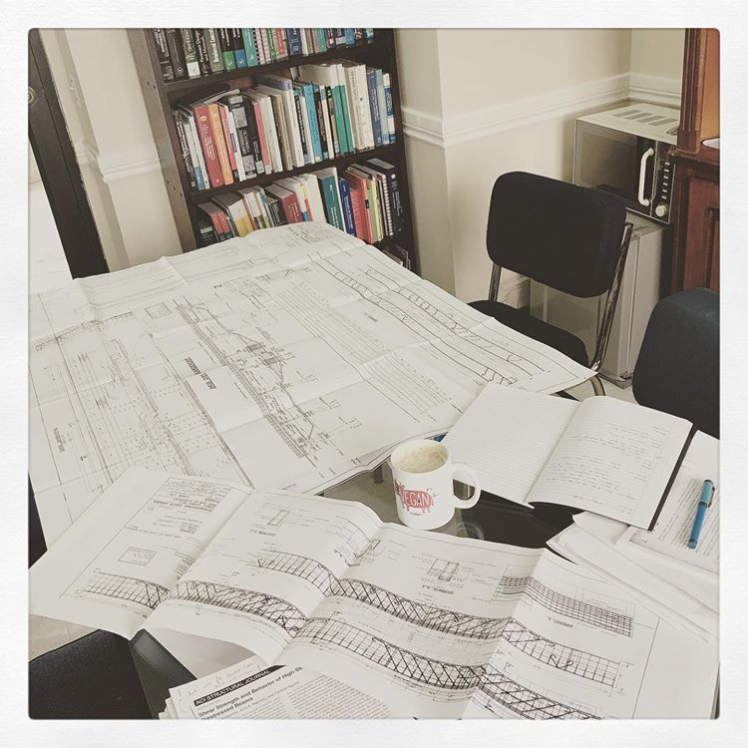
What examiners look for in a doctoral thesis
Examiners (or committee members) decide on what makes a good thesis based on two aspects: the reading experience, and the technical contents of the thesis – these align with the expectations of the normal reader and the academic expectations. This is one of the main findings of the paper “What examiners do: what thesis students should know” by Clinton Golding, Sharon Sharmini and Ayelet Lazarovitch.
This paper looks at 30 articles on the topic of how examiners evaluate a doctoral thesis. It’s uncommon that examiners disagree about a thesis, and examiners start off with positive intentions.
One part of the abstract explains the expectations very well:
Like any reader, thesis examiners get annoyed and distracted by presentation errors, and they want to read a work that is a coherent whole. As academic readers, examiners favour a thesis with a convincing approach that engages with the literature and the findings, but they require a thesis to be publishable research. Finally, examiners give not only a final evaluation of a thesis, but also instruction and advice to improve the thesis and further publications and research.
If you are writing a thesis, keep in mind these two sets of expectations.



